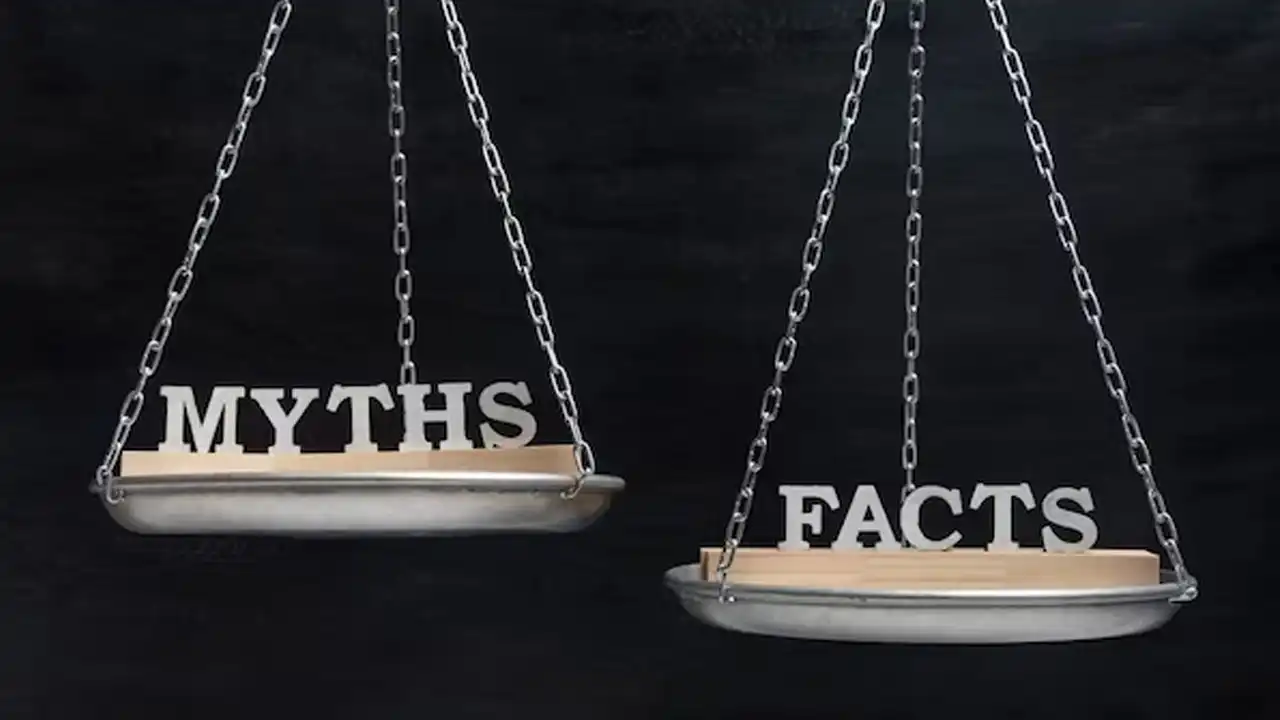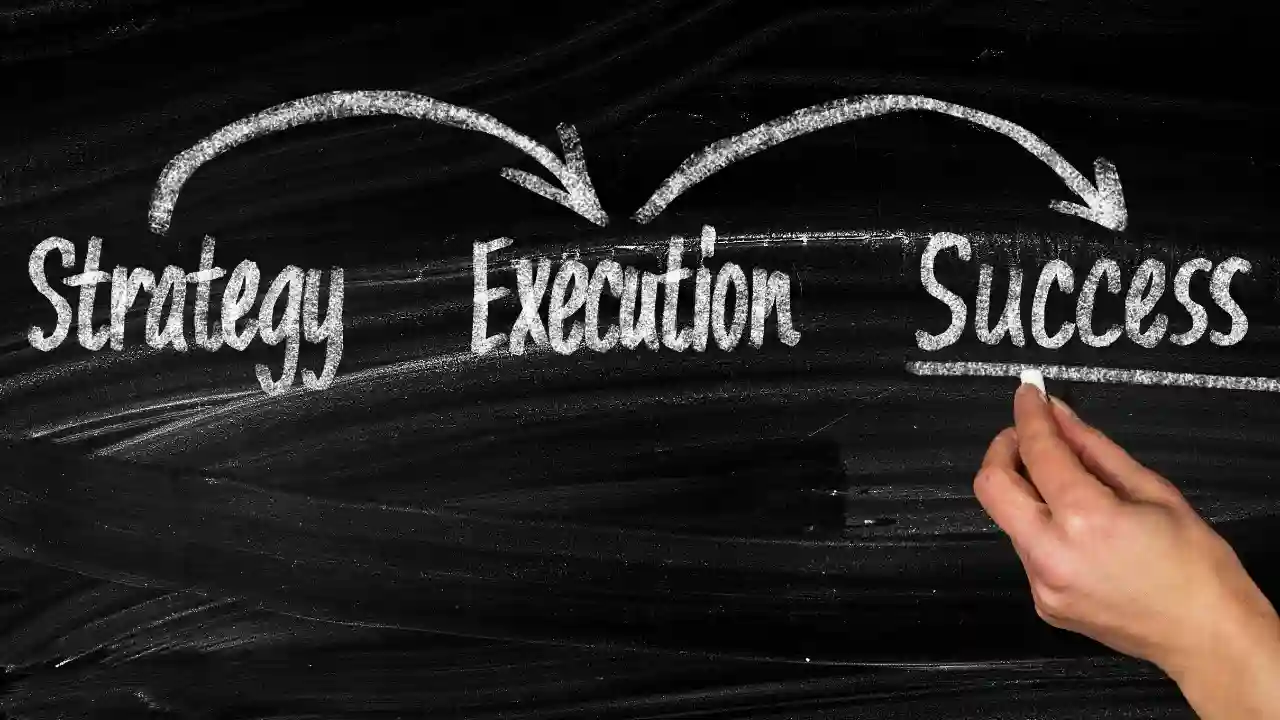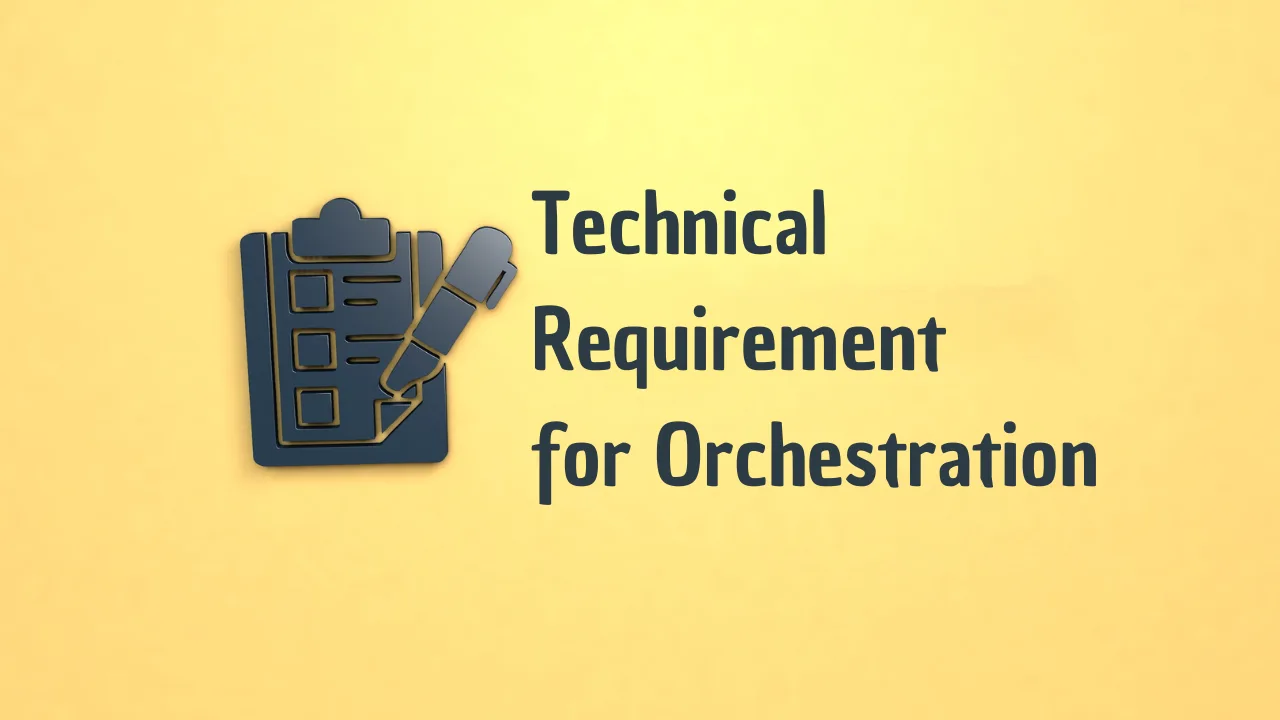You are here to learn about six procurement myths that you didn’t know. In this article, we’ll discuss myths that have plagued small organizations for long. We’ll learn about how we treat procurement for menial returns when it can deliver much more. If you are already wary of the below myths, pat your function staff. If you come to know them for the first time, bravo! You can bust them at your credit!
6 Procurement Myths
1. Cost Function
Many organizations still believe that procurement’s only function is to control cost. All they need to do is handle requisitions and manage on-time deliveries of requirements at the right price. When it comes to strategic decision-making, procurement has no expertise to contribute. Organizations that still think so, it is time they change their perception. Procurement can contribute to strategy as well.
2. C-Suite Affiliation
Once in a procurement summit, a CEO of a multi-million dollar organization informs how he is unwilling to involve with his procurement function. He feels that his function’s operational efficiency and negotiation skills do not deserve his involvement. While it can be true that his procurement function is fully established, but appointing a C-suite executive to take for strategic direction is only smart.
3. Slaying Suppliers
A traditional method for measuring procurement’s performance is by the cost savings it can generate. To comply, procurement has been squeezing margins affecting quality and delivery times. Supplier negotiation does not mean causing loss, whether to the self or someone else. There has to be a balance. One should know that expecting the supplier to compromise on their sale price may trigger them to compromise at so many levels that it will eventually impact the end product.
4. Myth of Collaboration
In the beginning, procurement could only collaborate with logistics for clerical support. But later, it grew in responsibility to take charge of negotiation and supplier collaboration for best margins and cost savings. For that, it’s collaboration was restricted to the quality management and engineering teams. But now, as a strategic driver, procurement has a say in product development, market exploration, price determination, etc. Hence it should be allowed to collaborate with all teams and departments.
5. Low-Cost Sourcing
It is time we overcome the cost-hangover. Sourcing goods from low-cost countries may get counterproductive at times. For small savings, the reputation of the buying-company can face more massive consequences from the procurement myth. If you source a product or service from a low-cost country, there could be a possibility of litigation. How? If the cost of production is lesser than the average, the cost of effort is also inexpensive, which may mean unethical practices in the supply chain.
6. Procurement Myth in Hiring
A typical requirement for HRs looking out for procurement professionals is analytics and hardcore negotiation. An ideal procurement professional should also be discernible. They should be able to select the “best price” without compromising quality. They should be good in communication for nurturing long term supplier relationship and be a technology enthusiast.
Now that you are aware of the six procurement myths check if they are impacting your organization also. If they are noticeable in the behavior of your decision-makers, it is time you take your concerns to the management. Procurement myths, like any other, are unhealthy for your business.
Related Reads
- Blog- Procurement vs. Purchasing: The Definitive Guide
- Blog- 5 Most Common Mistakes in Procurement and How to Solve Them
- Blog- Top 10 Winning Skills for Procurement Professionals
- Zycus e Procurement Software
- Zycus Merlin for eProcurement – Cognitive Intelligence (AI) for Procurement
- e-book: Demystifying Cognitive Procurement-Why it should matter to the CPOs
- Sucess Story- Understanding How an Australian Transport Organization Transformed its Procurement Process with Zycus’ Cognitive Procurement Suite




























































